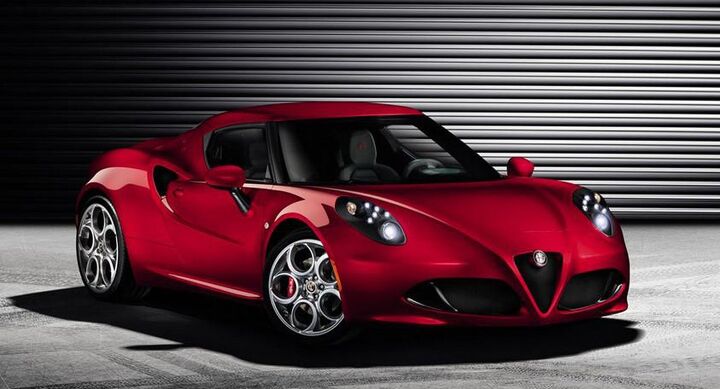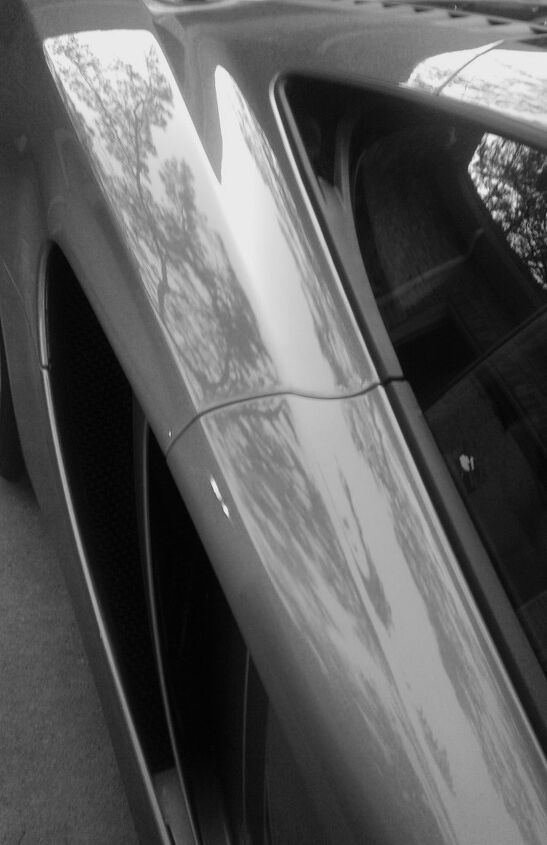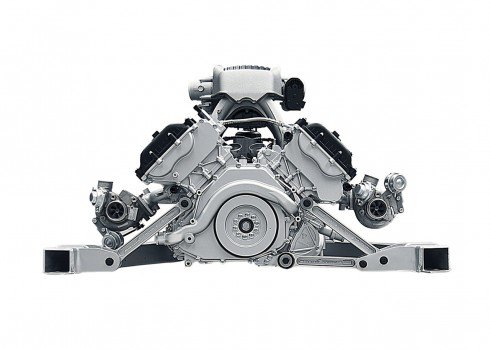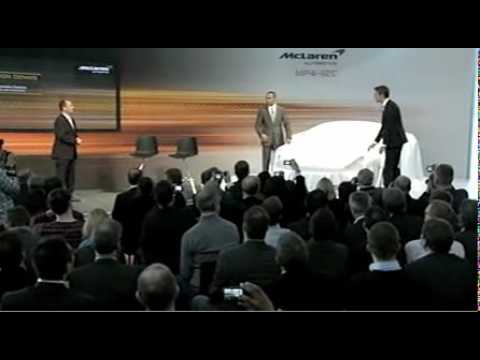#Mp4-12c
What Can Alfa Romeo Learn From McLaren?
If you read the title and mouthed “everything,” I can’t blame you, but please bear with me. What can Alfa Romeo, the Italian former racing marque and the assumed quintessence of automotive passion, emotion, and physical beauty, learn from McLaren, the English Formula One mainstay and sometime purveyor of clinical, efficient supercars? The two companies represent quite divergent poles along the automotive landscape, but they have much in common, both historically and in the present day, particularly in the North American market.
Vellum Venom: 2012 McLaren MP4-12C
The MP4-12C has a wonderful backstory for those who love and admire the McLaren brand. The McLaren F1’s instant Zeus-like status is a large part of the mystique, but not necessarily all of it. That said, for everyone outside of this world (and price point) you are forgiven if you wouldn’t even consider this over the similarly priced Ferrari 458 Italia….as I probably fit into that category.
Quote Of The Day: Veyron' From The Truth Edition
I know that they have to cut the car open to take the engine out. To make an engine in that configuration, you know, it doesn’t go around corners. When we did the race in Abu Dhabi, we beat it off the line so many times that the film crew was getting frustrated because the outcome was supposed to be for the Bugatti to win. So we had to do that whole thing about ten times before it managed to get off the line cleanly and catch us up. Because every time they dropped the clutch it bogged down and we were gone.
McLaren’s Ron Dennis lays into the Bugatti Veyron at the Middle East launch of his firm’s new MP4-12C [ Arabian Business via Wired Autopia]. What Dennis leaves out is that the Bugatti has a (computerized, sequential-shift) automatic transmission, so it’s difficult to know what he means by “they dropped the clutch.” Besides, it sounds like the former Formula 1 boss is spewing bile, rather than objectively critiquing the Veyron… which there’s plenty of room for.
Gallery: The McLaren MP4-12C Engine
McLaren Automotive: Racing Is Easy, Selling Cars Is Hard
Let’s face it: it’s not the best time to be launching any new automotive brand just now, let alone a brand built in Formula 1 and offering only a single, $250,000 product. Throughout the industry, OEMs are abandoning or distancing themselves from motorsport, as the old “win on Sunday, sell on Monday” logic proves to be an ever-fading anachronism. And yet here is McLaren Automotive, launching its first new road-going supercar in over ten years, with the the help of two F1 champs. Can an automotive brand survive selling high-priced symbols of racing prowess, at a time when racing (particularly Formula 1 racing) is becoming ever-more divorced from road car realities? More importantly, can it take on the lions of the supercar world with mere techno-wonkery?




















Recent Comments